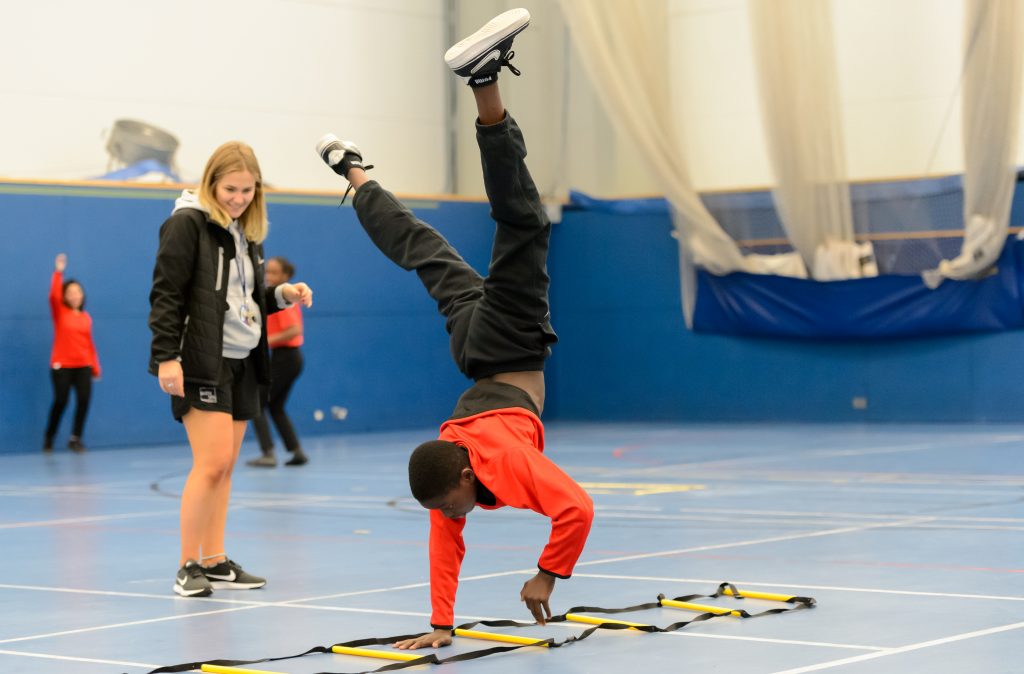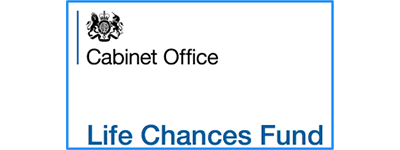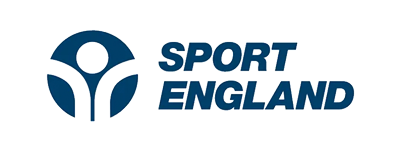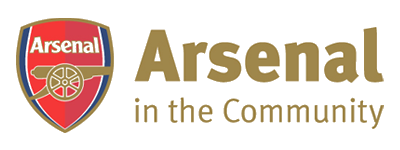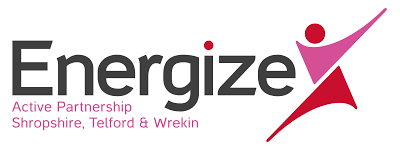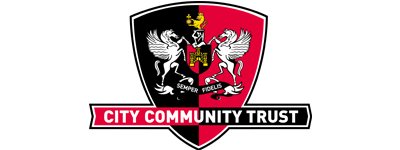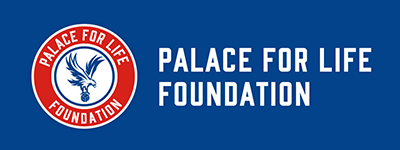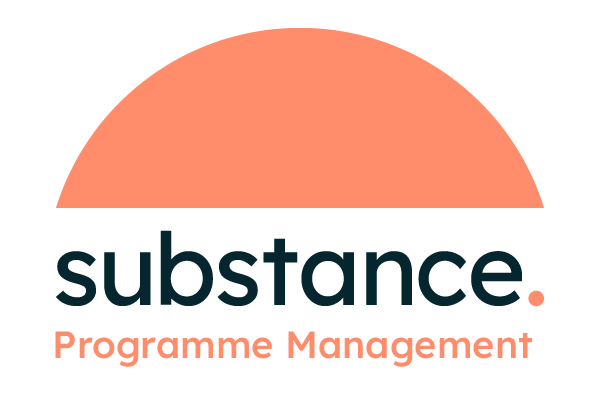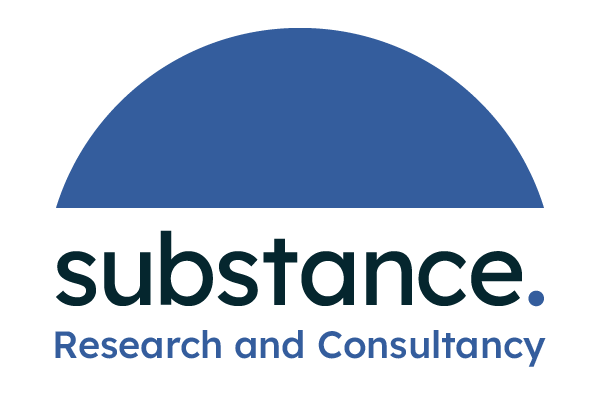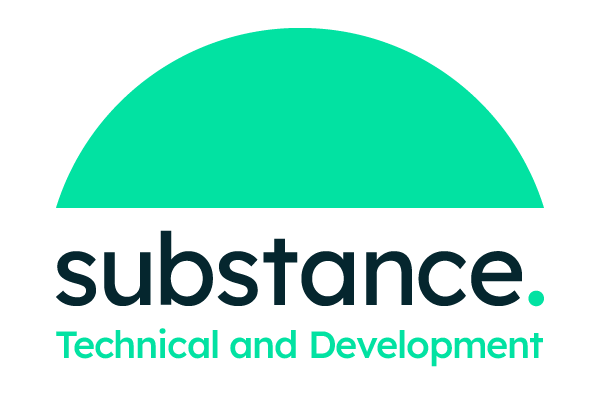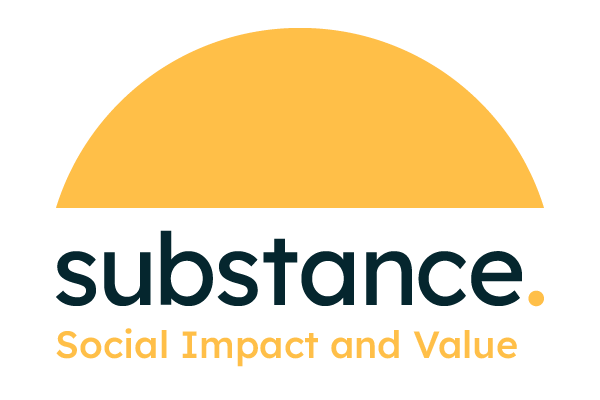Chances the world’s first social outcomes partnership which uses sport and physical activity as a pathway to tackling deep-rooted social issues.
With 41 partners involved Chances is considered the world’s largest social outcomes partnership.
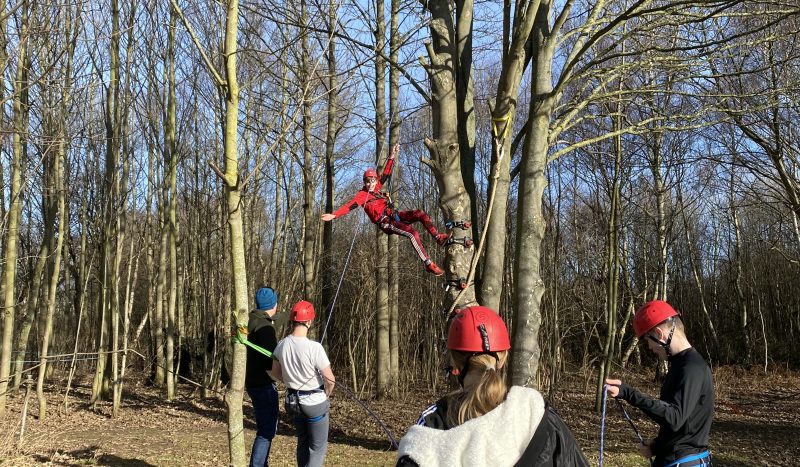
The world’s first social outcomes partnership
What is Chances?
The Chances programme is a four-year project launched in November 2020 to support disengaged young people from deprived backgrounds to attend school more regularly, gain qualifications, get into training, reduce or avoid offending whilst also improving their levels of physical literacy.
Chances is the world’s first sports-based social outcomes partnership (SOP), and the largest social outcomes partnership in the world. Chances is co-commissioned by 21 local authorities and works with 16 delivery partners including professional football club community organisations and other youth, community and sport providers. Each organisation uses its extensive experience and expertise to support disadvantaged and vulnerable young people – up to 6000 in total during the lifetime of the programme.
Substance has driven the programme from inception
We secured backing from Sport England, the DCMS’ Life Chances Fund (LCF) and investment from Big Issue Invest to launch Chances. We also manage the day-to-day implementation, contract management, outcomes tracking and evaluation of the programme.
